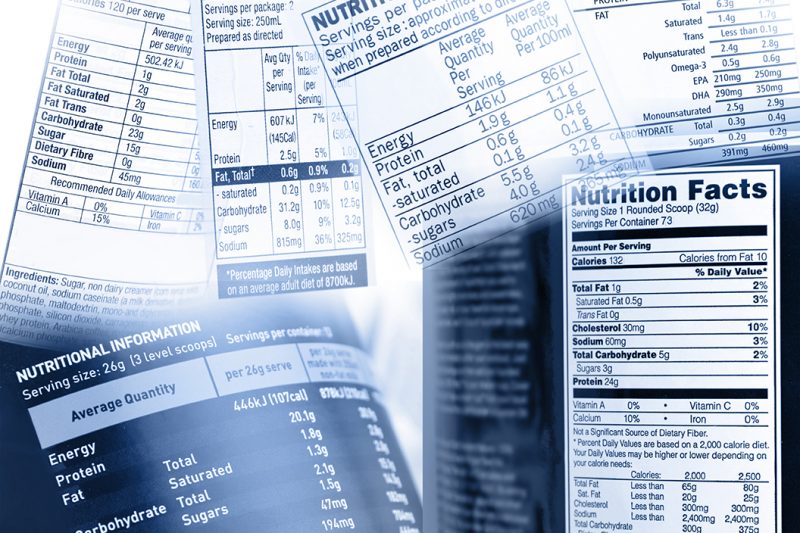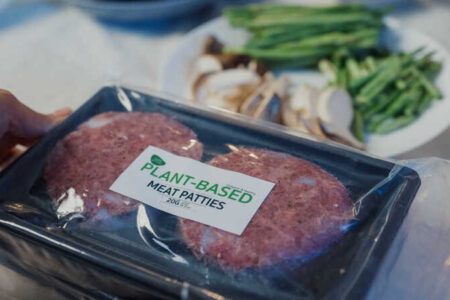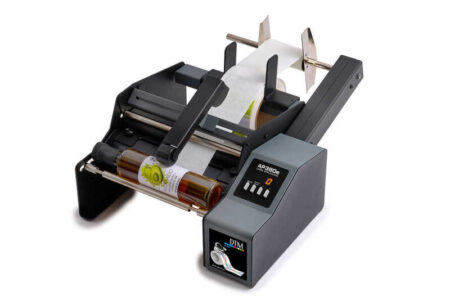FIR compliance investment warning

Own label software company Trace One has stated that, while food retailers and manufacturers have taken great steps to address the EU’s upcoming Food Information Regulation (FIR) legislation, it won’t have been enough if any of the information is incorrect or incomplete or if mistakes have been made.
With the average cost of a label change at over £3,000 per product, a typical large retailer with 10,000 product lines may have spent up to £30 million on FIR compliance. However, if any products are found to be non-compliant, as well as wasting part of this investment, retailers will face severe additional costs. The stated fine of up to £5,000 or more per incident of non-compliant labelling is significant, but pales in comparison to the cost of discarding finished product, re-designing labels and manufacturing and distributing replacement stock. Not to mention the lost sales and customer discontent that comes from product being unavailable while this is going on.
All in, the impact on a retailer’s bottom line from such a mistake could exceed £100,000 per affected product. With such considerable sums on the line and with margins already being squeezed so tightly, retailers need to be completely confident in the content of their products and the accuracy of their labelling.
To comply with FIR legislation, retailers have to know more and tell consumers more about their own label products than ever before. They must be confident about the information that they receive from their suppliers and they must pass information accurately between stages in the labelling process to ensure it makes it to the consumer intact. To achieve this, detailed specification information must be shared and version controlled amongst all parties including retailers, manufacturers, suppliers and packaging designers.
“Closer collaboration and complete transparency between retailers, manufacturers and suppliers will be crucial in validating that products are what they say they are,” says Nick Martin, SVP Northern Europe at Trace One. “Retailers and manufacturers should ensure data is transparently shared between all parties in the supply chain so that information such as the country of origin of primary ingredients can be quickly and easily determined. As much as possible of this process should be automated, so that any changes will be made consistently and in accordance with legislation. Not only does this help reduce the cost and complexity of a label change, it also means that the retailer can have total confidence that they know and can demonstrate the provenance of every single product.”



